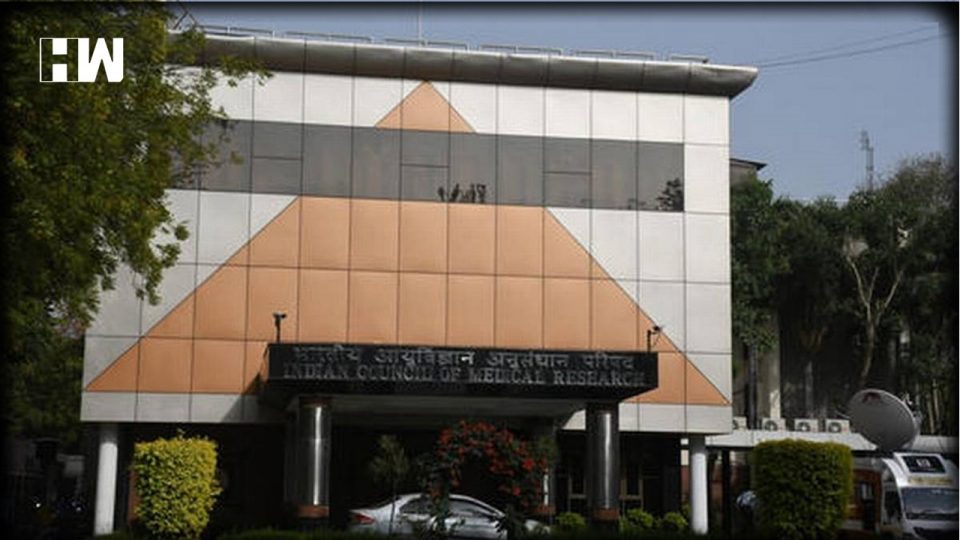The ICMR has decided to allow rapid antibody testing for all symptomatic individuals in COVID-19 hotspots in the country.
New Delhi: As the country saw a sudden explosion of new positive cases due to a religious gathering in Nizamuddin, the ICMR has decided to allow rapid antibody testing for all symptomatic individuals in COVID-19 hotspots in the country.
The ICMR said in it’s latest guidelines that rapid antibody tests would have to be undertaken in all areas reporting clusters of COVID-19 cases.
As per the medical research body, each confirmed case is an epicentre and people living within a 3 km radius of the location fall in the containment zones. This might vary depending on the mapping of contacts of the infected.
The change in strategy comes following 1,000 new confirmed cases linked to the Tablighi Jamaat gathering that was held in New Delhi before lockdown. At least 30% of the total 2,900 cases in India are linked to the gathering, as on Saturday.
When asked about the possibility of community transmission of COVID-19 in the country, two weeks ago, the ICMR had responded in the negative. “Tests on SARI patients show no community transmission,” they said after random tests.
The Indian Council of Medical Research said the district health officials would be required to observe all people with influenza-like symptoms, including cough, cold, low-grade fever or sore throat, and each of them would be advised 14 days home quarantine.
Anyone with these mild symptoms will be tested using the rapid antibody testing kits, which have been approved by the US Food and Drug Administration (FDA), EU-CEA or National Institute of Virology (NIV), Pune, and allowed for marketing by the Drug Controller General of India.
Also Read: Kerala Awaits Approval From Drug Controller For Covid Plasma Therapy
The patient must be admitted in the hospital if they are tested positive, for further monitoring and treatment and contact tracing has to be started immediately.
But, if the test result is negative in the symptomatic individual, then Real-time Polymerase Chain Reaction (RT-PCR) test, which has been made compulsory by the World Health Organisation, has to be conducted to confirm that the person is not infected. But if the result comes out to be positive, then the patient has to be isolated and admitted in the hospital for further treatment.
Out of the 5,911 people with severe acute respiratory illness (SARI) who were tested by the ICMR to check for coronavirus, 104 tested COVID-19 positive and 40 among them did not have any foreign travel history or contact with a COVID-19-positive case.
This was the finding of the ICMR’s sentinel surveillance among SARI patients done with an aim to identify the spread and extent of transmission of coronavirus in the country.
As an independent media platform, we do not take advertisements from governments and corporate houses. It is you, our readers, who have supported us on our journey to do honest and unbiased journalism. Please contribute, so that we can continue to do the same in future.

